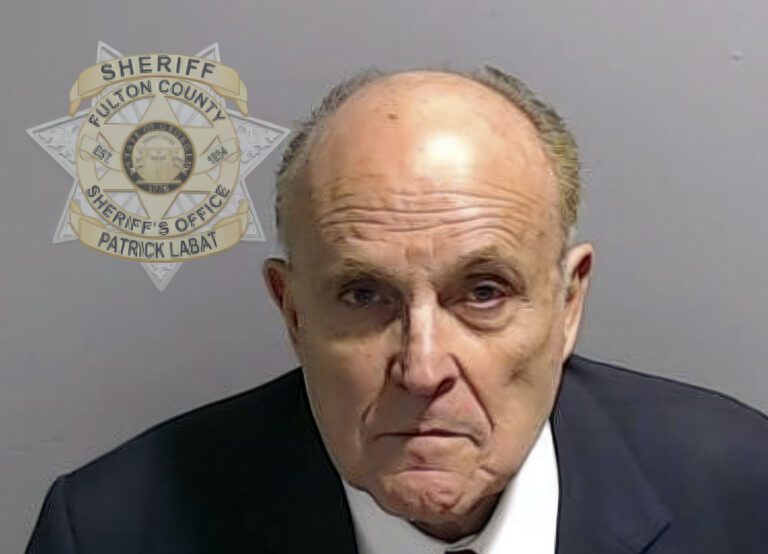Trump Issues Sweeping Pardons to Allies in Election Controversy
In a significant political maneuver, President Trump has announced extensive pardons for a number of allies involved in efforts to challenge the 2020 election results. The list includes notable figures such as Rudy Giuliani, Sidney Powell, and Kenneth Cheesebro, who played key roles in the controversial actions following the election.
Key Highlights of the Pardons
- Presidential Proclamation: A total of 77 individuals received what is termed as “full, complete, and unconditional pardons," as officially documented on X (formerly Twitter) by Ed Martin, the Justice Department’s pardon attorney.
- Symbolic Nature: While the pardons are largely symbolic, as none of the individuals face federal charges, they do pertain to Trump’s co-defendants in Georgia, where state prosecutors have initiated charges related to alleged election interference.
- Key Figures Pardoned:
- Rudy Giuliani: Trump’s former personal attorney.
- Sidney Powell: Prominent pro-Trump lawyer known for pushing unsubstantiated claims of election fraud.
- Kenneth Cheesebro: Lawyer involved in election-related litigation.
- Mark Meadows: Former chief of staff, implicated in various election interference schemes.
- Advisors: Additional advisors including John Eastman, Christina Bobb, and Boris Epshteyn also received pardons.
Document Insights
The pardons were formalized with a proclamation signed by Trump, stating:
“This proclamation ends a grave national injustice perpetrated upon the American people following the 2020 Presidential Election and continues the process of national reconciliation.”
This official statement was released following an earlier tweet from Ed Martin stating, “No MAGA left behind,” highlighting the administration’s commitment to its supporters.
Limitations of the Pardons
Importantly, the pardons do not apply to state or local charges, which means that individuals may still face legal consequences in jurisdictions like Georgia where they were initially charged. The proclamation outlines that:
“This pardon does not apply to the President of the United States, Donald J. Trump.”
Additional Clemency Actions
In a broader clemency move, Trump also pardoned:
- Michael McMahon: A retired New York City police officer convicted of stalking.
- Darryl Strawberry: Former MLB star, pardoned for a 1995 tax evasion conviction.
Conclusion
These pardons underscore the continuing contentious climate surrounding the 2020 election aftermath. While they are seen as a means of political support for Trump’s allies, the legal ramifications at the state level remain intact. The actions serve as a reminder of the ongoing divisions within the political landscape of the United States.
For further insights into Trump’s legal challenges and election narratives, visit Politico and Reuters.


